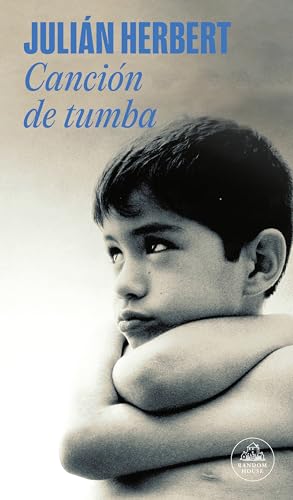What do you think?
Rate this book


216 pages, Paperback
First published January 1, 2011
so, from inside fever or psychosis, it's relatively valid to write an autobiographical novel in which fantasy has set up camp. what's important is not that the events are true: what's important is that the illness or madness is. you have no right to toy with other people's minds unless you're ready to sacrifice your own sanity.the first work from mexican author (and musician) julián herbert to be translated into english, tomb song (canción de tumba) blends the fictional and the autobiographical to great effect. working with the blurred veracity of autofiction, herbert recounts the life of his mother as he sits bedside in the hospital where she's close to expiring from leukemia. recalling the intimate details of her years (and longtime work as a prostitute), those of himself and his siblings, as well as varying aspects of the society in which he came of age, herbert gracefully confronts the role and legacy of memory, in addition to his own work as a writer. without question, the star of tomb song is herbert's often enthralling prose, where turns of phrase elegantly and poignantly play counter to his elegiac story.
there's no way to be human, sufficiently human, without at the same time feeling an urge something like that of the sea cucumber: the desire to escape by hurling your guts at your neighbor. if we manage to prevent this from happening in family situations, it is due to an impulse more radical than fear: love. fear acts like a mammal. love, on the other hand, acts like a virus: it injects itself into something; it reproduces without thought; it egotistically takes possession of its host, without consideration for the species, taxonomy, or health; it is symbiotic. love is a powerful virus.